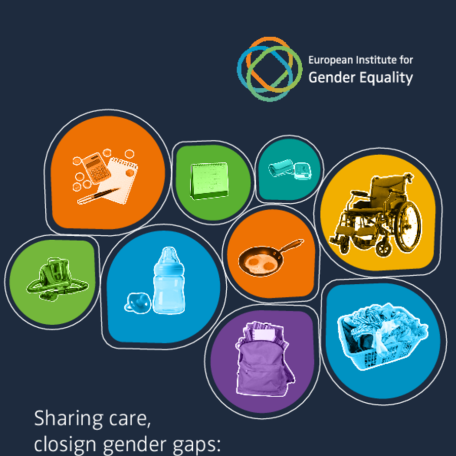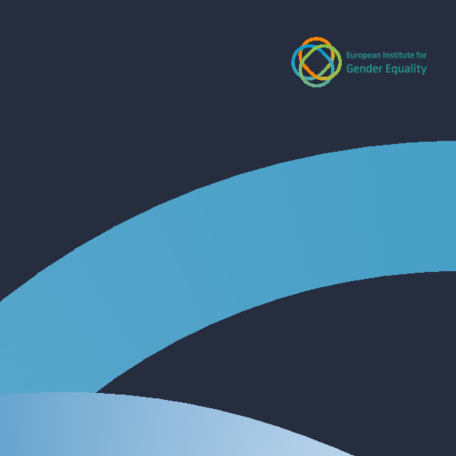
As someone who cares for the environment, you know that recycling, turning down the heating and walking to work is good for the planet.
Those individual acts are important on our journey to net zero. But to have a lasting impact, we need to have bigger and bolder ideas about behaviour change.
“In the Gender Equality Index, we see a shift in young women and young men adopting more sustainable behaviour,” says Katy Wiese of the European Environmental Bureau (EEB).
“But we can’t put it all on the younger generation, there are also big divisions amongst young people. And gender plays a role: the patriarchy is a structural issue.”
Age, income and day-to-day involvement in housework all factor into influencing behaviours that are likely to cut an individual’s personal carbon footprint, the Gender Equality Index 2023 reveals.
EIGE’s CARE survey found that older women and men are less likely to avoid animal products—considered to be one of the most impactful green behaviours.
EIGE’s CARE survey also shows how the gender gap for avoiding animal products widens with age, from a gap of 6 percentage points between women and men in young adults to 9pp in the elderly.
Men in the 16-24 age bracket are more than twice as likely to be attracted to vegetarian or vegan options compared to those aged 65-74.
See the Gender Equality Index 2023 for full details
Katy is the EEB’s Policy Manager for Economic Transition and Gender Equality. The civil society group is responsible for numerous reports on gender and environmental impact.
“We were super excited by the European Green Deal bringing climate from the margins to the centre of policymaking. But it’s astonishing it was not interlinked with the EU’s Gender Equality Strategy ,” she says.
“Climate change has different impacts on women and men, as well as on marginalised groups.”
“Studies show that energy poverty has a female face.”
“More women, especially older women living alone, and single mothers, are worse affected by energy poverty. That’s due to structural inequalities like unfair burden of paid and unpaid care work, the pay gap or the pension gap.”
This is one of the many reasons why the EEB believe meaningful climate action shouldn’t rest solely on the shoulders of the most vulnerable in society.
While it’s doubtless that individual behaviours can make a difference, Katy warns against offloading the responsibility for big-ticket environmental decisions needed from businesses and policymakers.
“If the debate only focuses on how to make buildings more efficient, we’re disconnected from the critical environmental, economic, and social aspects of policies,” says Katy.
“If we implement green policies without a social focus or an intersectional focus, we risk exaggerating existing inequalities. That can also lead to less acceptance in the population.
“There's too much focus on the consumer because, in the end, we're not that free to choose. It's important to set policies that make it easier for people to adopt sustainable life choices.”
She believes that meaningful policy to address environmental and gender issues requires a mix of incentives and deterrents from European lawmakers.
“Environmental policies are often equated with banning things. We need to break this cycle,” she says.
“Instead, nudge people by saying eating less meat is better for your health. So you're fit and can do more sports. Or, if you use a bike, there will be less pollution and it’s great for your health.
“We really need to translate those benefits and make them clearer. By combining them with social and health benefits besides environmental benefits.
“Policies are really important. Taxes can be used to make certain vegetarian products relatively cheaper. Or to encourage companies to have a meat-free Monday.
“But it’s also about building the right infrastructure. Because you can only choose from what's on the menu.
“For example, Copenhagen is structured in a way that a bicycle is the most effective form of travel. Then you are encouraging people to use the bike.”
Looking at green policies in isolation, without considering their impact on wider society, will make Europe’s world-leading environmental targets even more challenging.
“We must be very careful about passing environmental policies without considering the gender and intersectional dimension to it,” says Katy.
“What we also really need is education. To give people a compass. And to show them that gender equality is not only uplifting women but also creating a better world for everyone.”
Read more about EIGE’s focus on taking #3StepsForward for a green and gender-equal Europe here




